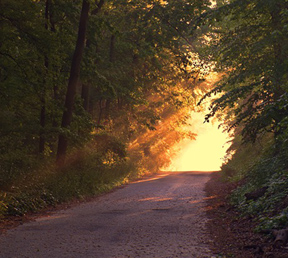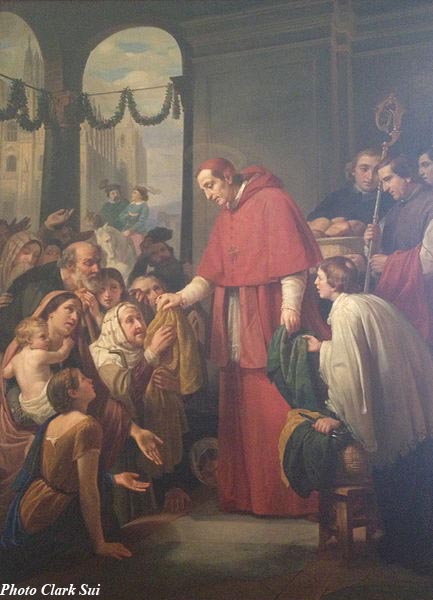Not Everyone’s Doing It
One of the perceptions that fuel frantic lifestyles is the idea that everyone is involved in a particular fad or fashion. Especially in our mass society, the penalty for not being part of what “everyone is dong” is to risk being labeled out of sync with the times. No where is this perception more common … Read more












